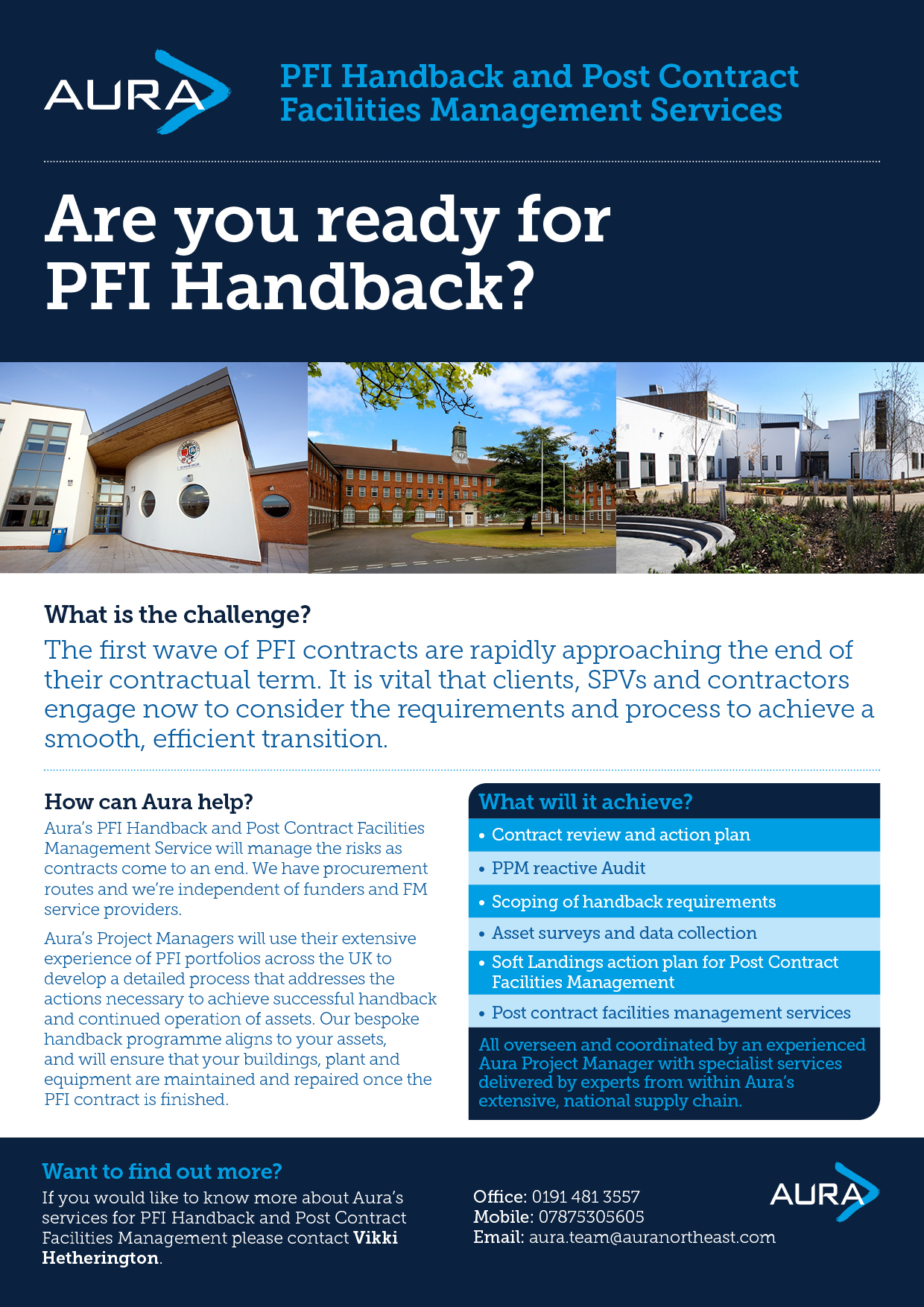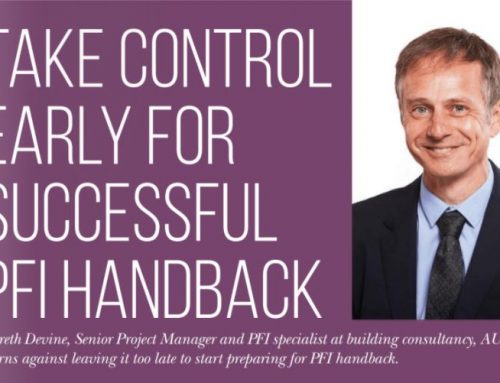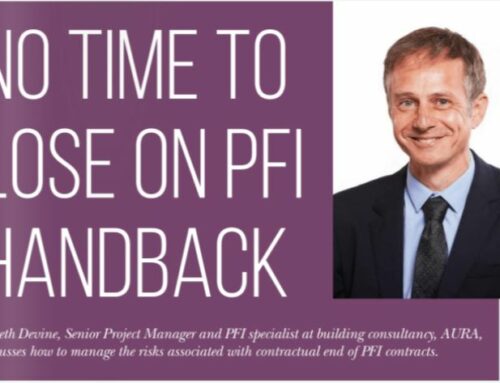Are you ready for PFI Handback?
Aura’s PFI Handback and Post Contract Facilities Management Service can help public and private sector clients achieve an effective conclusion of the concession contract and commencement of new services.
See our flyer for further information.






